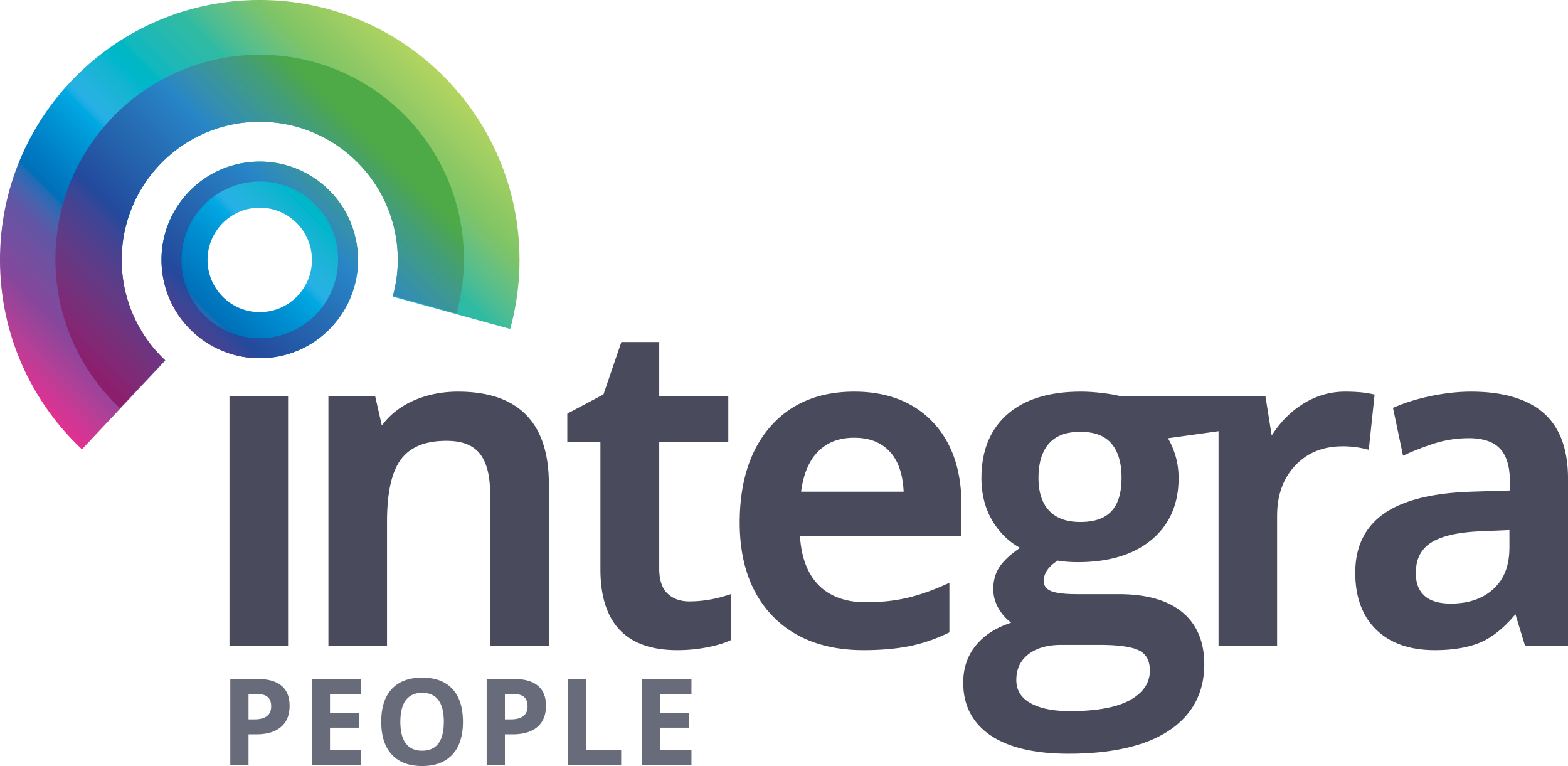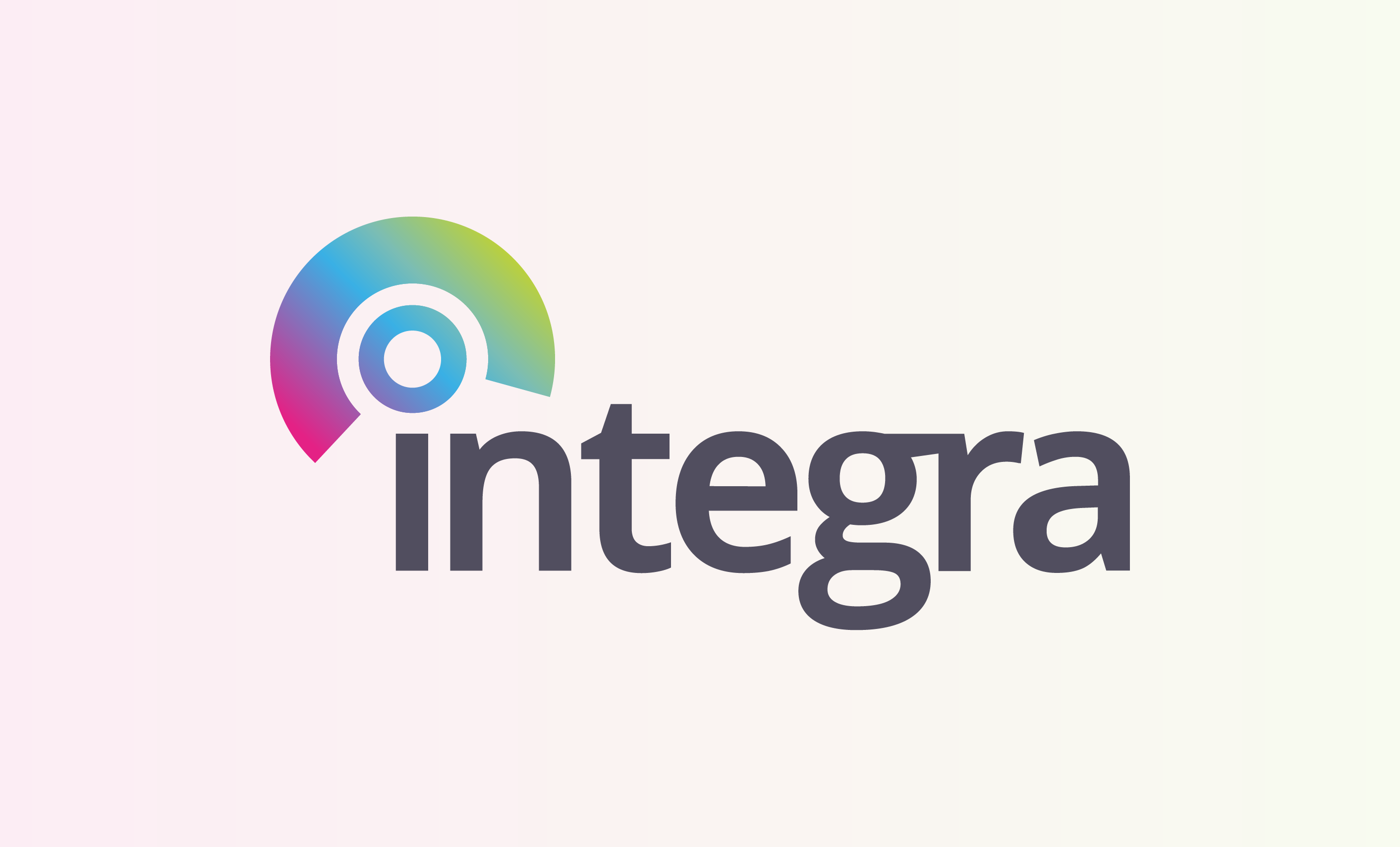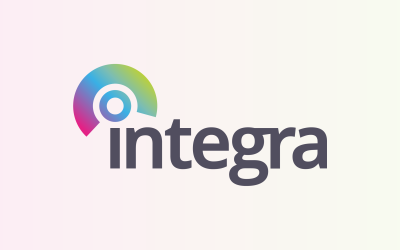A phone interview is usually the first part of the interview process, and allows the hiring team/person to screen candidates quickly and efficiently. It is cost effective and allows the interviewer to form an initial judgement on the candidate before deciding whether to meet them in person.
Phone interviews are generally more effective when scheduled, as this allows the candidate a chance to prepare, research and plan for them. A phone interview is just as important as a face to face meeting, and a lot lies on this liaison.
With that in mind, here are our top tips for phone interview success:
Before:
- Research – Just because it is a phone interview and you are not face to face, does not mean that you don’t need to prepare. It is just as important in this kind of interview to find out as much as you can about the company.
You can do this by reading news pieces, checking out their social stream, and perusing their website, to find out about the company size, values, services, and plans.
- Practice – If getting your best friend to call you and ask you questions is what it takes to calm your nerves, do it.
Write down a list of possible questions, and jot down in note form some possible answers. Practice answering a few out loud, and even consider recording yourself to see how professional/passionate you sound over the phone.
- Prepare – Charge your phone, set up a quiet space where you will not be disturbed, and even prepare a smart casual outfit, to remind you that this is still an important interview.
- Have questions of your own – Asking your own questions shows you are really interested in the role and company, and allows you to gather more information about the company. When you ask your own questions, it becomes more like a professional conversation, and less like an interrogation.
During:
- Listen – In a successful interview, you will often find that you have a lot in common with the interviewer, and can draw on this during the conversation. It is important to listen to the interviewer, and even write notes – not simply be wondering what they are going to ask you next, and wondering if it will be over soon. They will want to tell you all about the company, so make sure to listen and be positive and interested in what they are saying.
- Be professional – Avoid using slang, or answering the phone simply saying, “Hello?” Think about how you are coming across from the outset. During the interview, if you are sat at your desk, make sure your posture is straight, as this has a huge impact on how we feel and speak. Alternatively, stand, but don’t pace too much as you may lose your trail of thought.
- Smile – In call centres, advisers are often told to Smile as you dial! This is because when we smile not only relax, but we are reminding ourselves that this is an exciting opportunity, and a smile will genuinely change the tone of your voice.
- Take your time – Under pressure, some people tend to talk too quickly – which can be sign of a lack of confidence, embarrassment, or simply having a lot to say and nerves making you trip over your words. The key is to remember that you are not on a time limit, and if you need a few moments to gather your thoughts before asking a question, that is much better than mumbling or mincing your words, and your interviewer having to ask you to repeat yourself.
After:
- Send a thank you email – You can do this on the same day, but leave it a couple of hours. It needs to be short but polite, thanking the hiring manager for their time and for their interest in you. Confirm your interest in the role and the company, and express that you are looking forward to hearing from them.
Examples of phone interview questions:
- Why are you leaving your current job?
- Why do you want to work here?
- What are you looking for in a new job?
- What are your salary expectations?
- What qualities/skills would you bring to the role?
- Can you tell me a bit about yourself?
- What is your greatest achievement?
- What do you know about the company?
- How would handle [stressful situation]?
- What are you most looking forward to in this role?
- Where would you like to be in five years?
- What motivates you?
- Can you tell me about a time when you worked under pressure?
Phone interviews can be daunting, as you cannot express yourself through your body language, which a lot of people rely on, and there is no chance to re-read or re-formulate your thoughts, however it is important to simply prepare and remain calm, as this is your only chance to make a good first impression.


